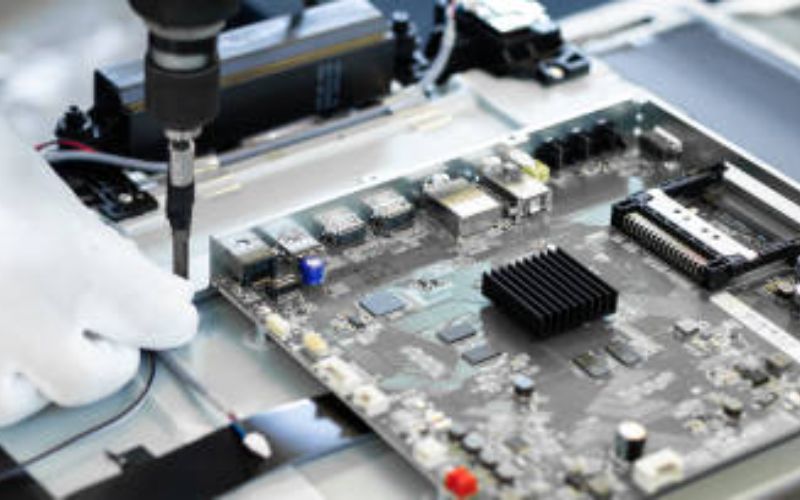Size and Compatibility
When choosing a heatsink for your system, one of the most important factors to consider is the size and compatibility of the heatsink. Make sure to check the dimensions of the heatsink to ensure it will fit properly in your system. Additionally, ensure that the heatsink is compatible with your CPU socket to guarantee optimal performance.
Material and Heat Conductivity
Another crucial factor to consider when selecting a heatsink is the material it is made from and its heat conductivity. Aluminum and copper are popular materials for heatsinks due to their excellent heat transfer properties. Consider the thermal conductivity of the heatsink material to ensure efficient heat dissipation from your CPU.
Fan or Fanless?
You should also decide whether you want a heatsink with a fan or a fanless design. Heatsinks with fans can provide additional cooling power and are ideal for systems with high-performance CPUs. On the other hand, fanless heatsinks are quieter and more energy-efficient, but may not be as effective at cooling under heavy loads.
Noise Level
Consider the noise level of the heatsink fan if you opt for a design with a fan. Some fans can be loud and disruptive, especially at higher speeds. Look for a heatsink with a quiet fan or adjustable fan speeds to maintain a comfortable noise level while keeping your system cool.
Overclocking Capability
If you are planning to overclock your CPU, it is essential to choose a heatsink that can handle the increased heat output. Look for a heatsink with a high thermal capacity and airflow to prevent overheating during overclocking. Additionally, consider a heatsink with a larger surface area for better heat dissipation.
Price and Budget
Price is another factor to consider when selecting a heatsink for your system. Heatsinks can vary widely in price based on factors such as material, size, and design. Set a budget before shopping for a heatsink and compare prices to find a model that offers the best value for your specific needs.
Installation Difficulty
Consider the ease of installation when choosing a heatsink, especially if you plan to install it yourself. Some heatsinks may require complex mounting systems or additional hardware, which can make installation more challenging. Look for a heatsink with a straightforward installation process to avoid any issues.
Warranty and Support
Check the warranty and support options offered by the heatsink manufacturer before making a purchase. A longer warranty period can provide peace of mind and protection in case of any defects or malfunctions. Additionally, reliable customer support can be valuable if you encounter any issues with your heatsink.
Aesthetics and Design
While not as critical as performance factors, the aesthetics and design of the heatsink can still be important, especially if you have a windowed case or a custom PC build. Consider the color, shape, and overall look of the heatsink to ensure it complements the rest of your system's design.
Reviews and Recommendations
Before choosing a heatsink, take the time to read reviews and seek recommendations from other users or experts in the field. Real-world feedback can provide valuable insights into the performance, reliability, and overall satisfaction with a particular heatsink model.
Quote Inquiry
Contact us!

